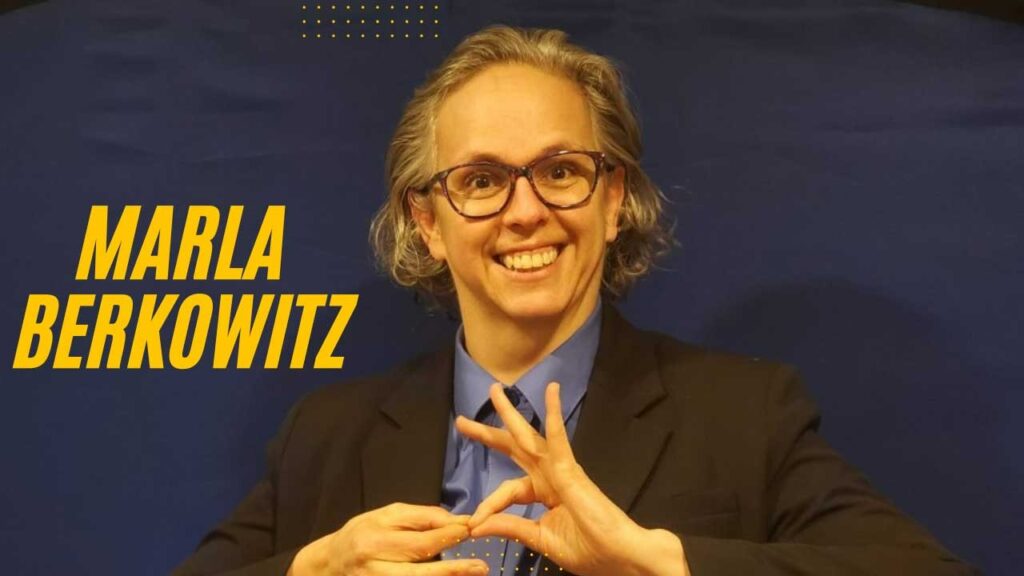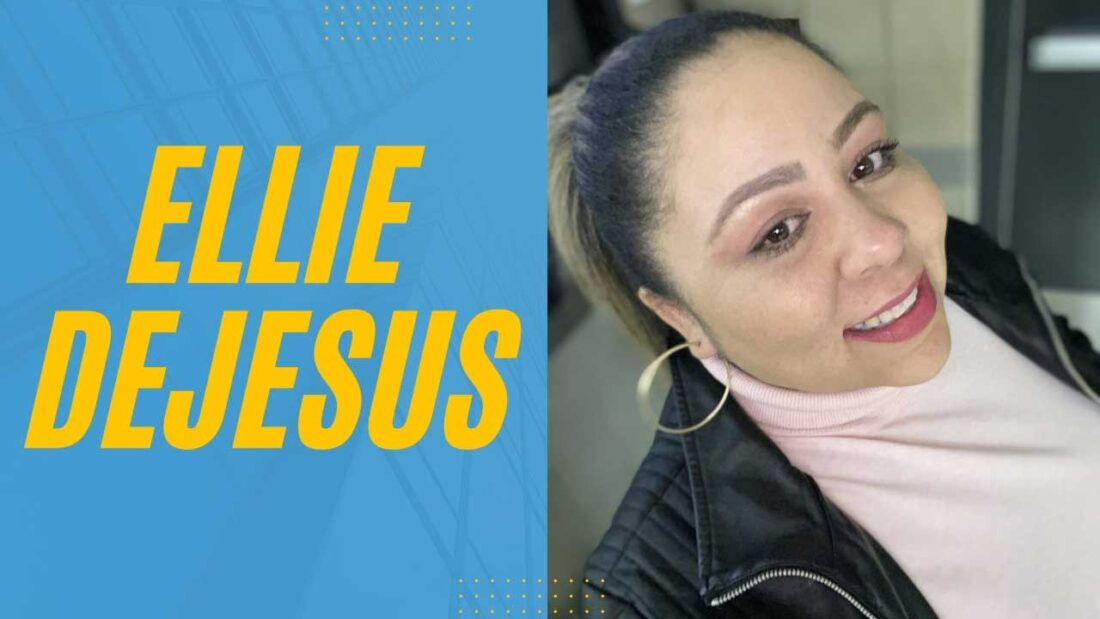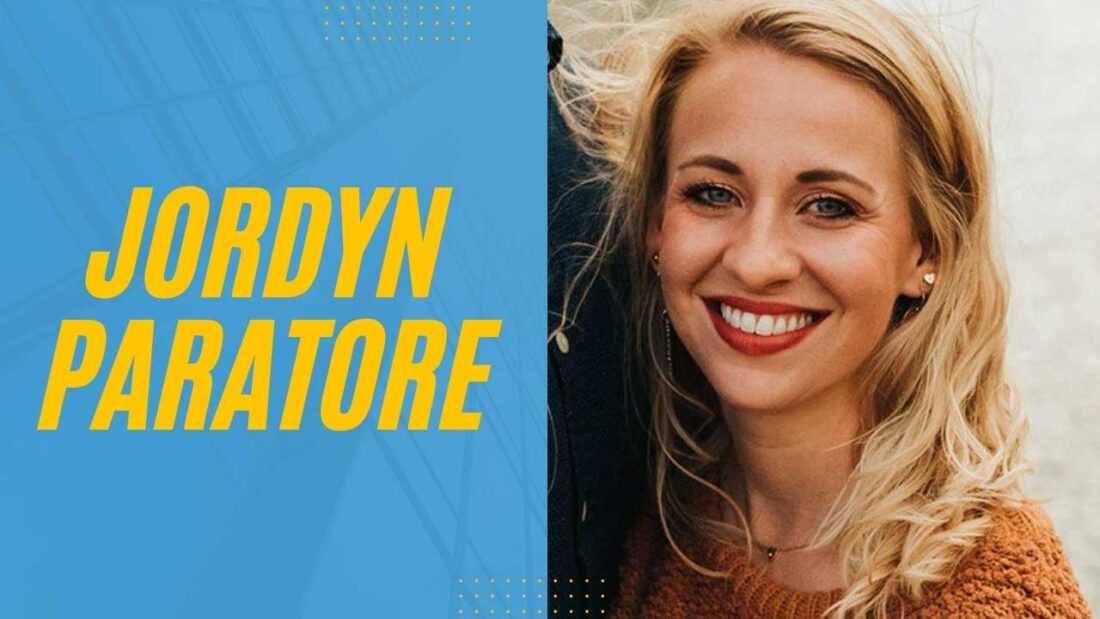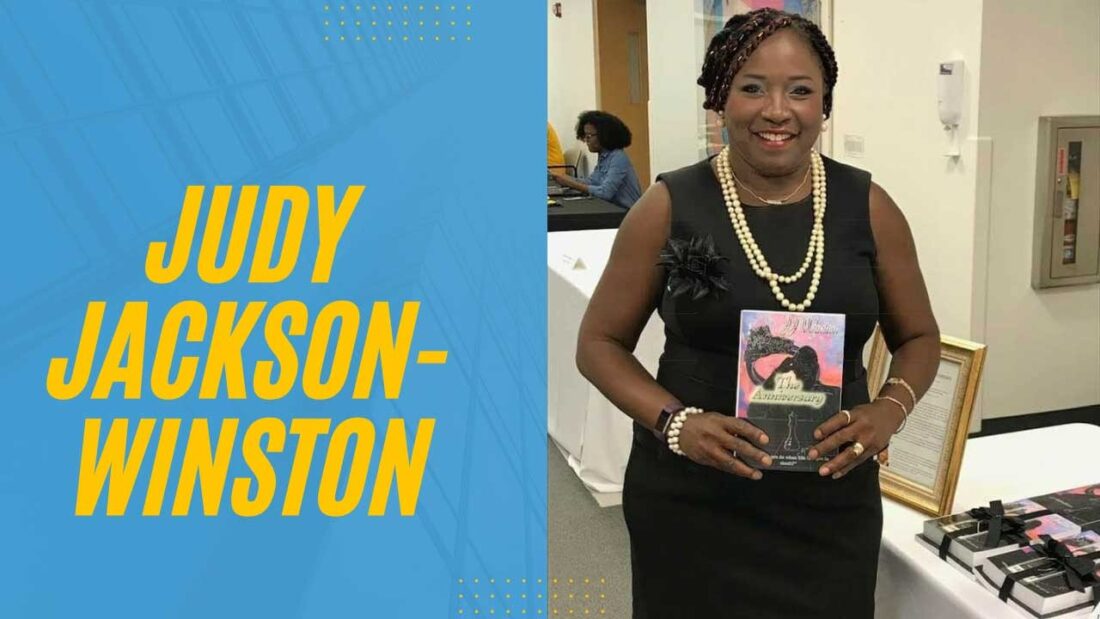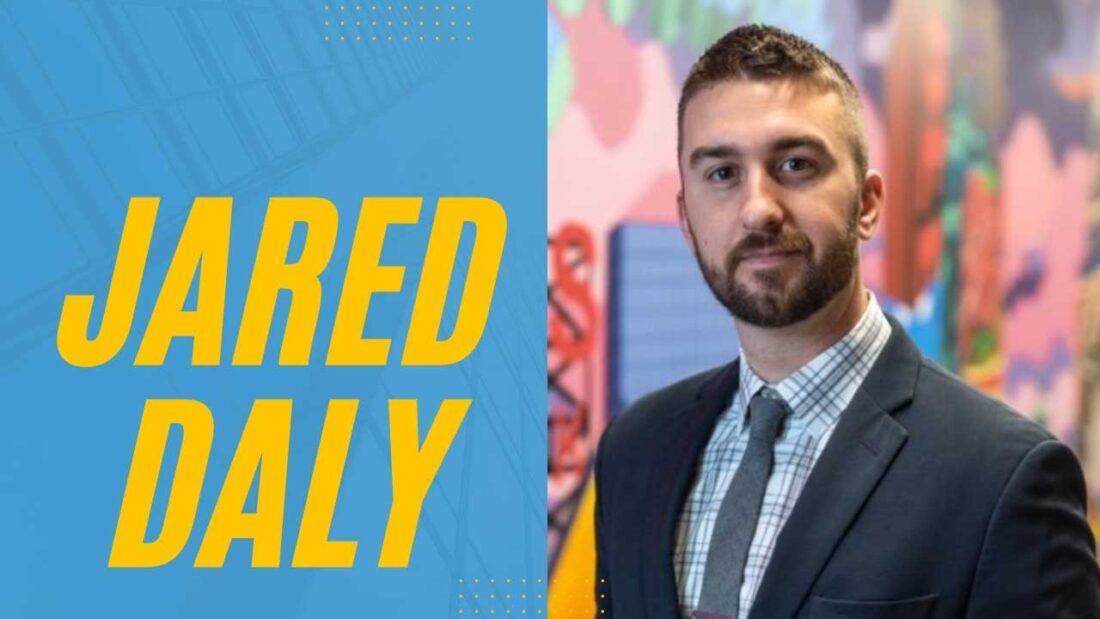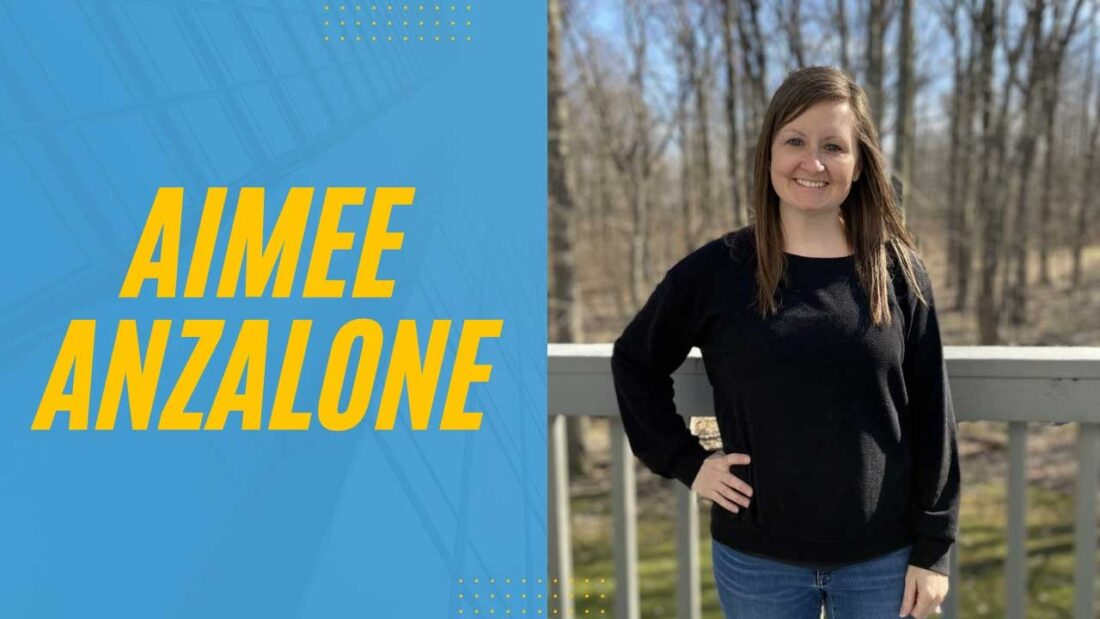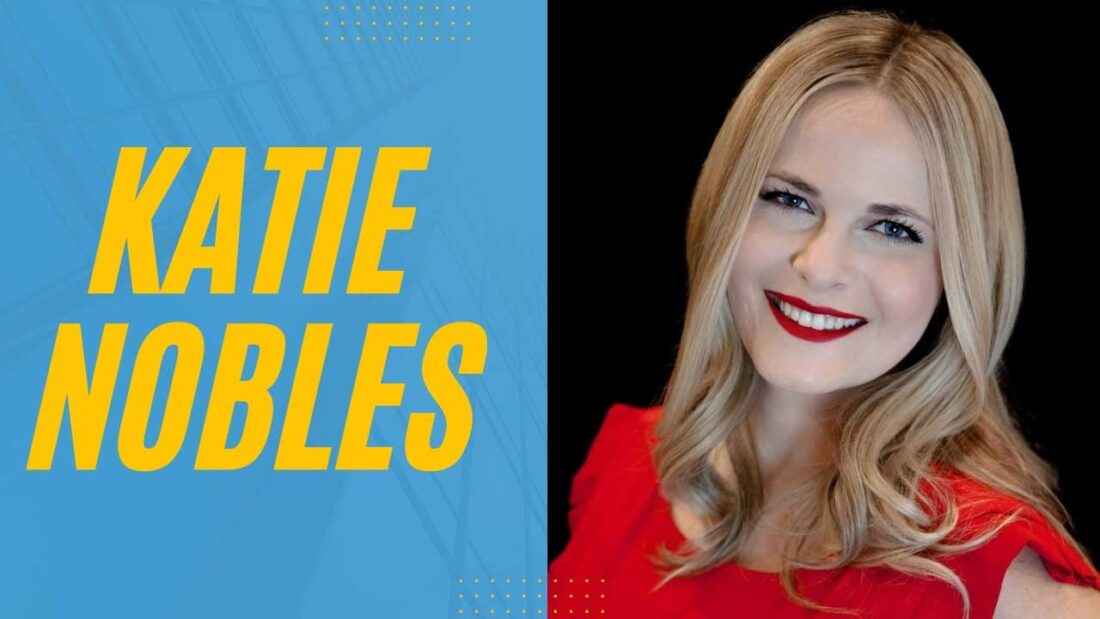Berkowitz is an Ohio State University professor and the only Certified Deaf ASL Interpreter in Ohio. What she is best known for is being the ASL Interpreter for the Ohio Coronavirus Briefings. Liner Legal’s Katie Nobles had the opportunity to interview her about her experience.
The Interview
KN: What made you want to be an interpreter?
MB: I became an interpreter because there was a need and it was serendipity. It started when I was very young at a deaf school when we had teachers who were not fluent in sign language. I learned ASL from my classmates who came from deaf families fluent in ASL. Ever since this experience, it carried with me all the way to being the go-to person for help with communication needs by both deaf and hearing parties throughout my career.
KN: What is your role at Ohio State University? You teach more than just ASL, correct?
MB: I am a senior lecturer at OSU. Yes, you’re correct I teach different courses and present different workshops.
KN: Why is it important to teach about Deaf Art & Literature, as well as Deaf Culture?
MB: A person cannot learn ASL without understanding the origin of ASL by deaf people. In addition, there’s the richness of Deaf history with its language, arts, and culture that have been passed down for generations.
KN: How did you start signing for the coronavirus briefings?
MB: I am the only one in Columbus who is a certified deaf interpreter. (CDI) and the only one with high profile interpreting experiences. As an independent contractor, the ASL interpreting agency, Deaf Services Center, has a contract with the state agency, Opportunities for Ohioans with Disabilities (OOD) to provide ASL interpreting services.
KN: Were there times in your life when you didn’t have an interpreter? What was that like?
MB: If you are a business owner or a service provider, you have a customer who uses ASL, then who needs the interpreter? All my life, I’ve lived without ASL interpreters and there are times when ASL interpreters are needed. The experience of not having an interpreter is no different than the experience of having an interpreter because communication remains a challenge due to not sharing the same language.
KN: Why is it important to have an interpreter, especially during a time like the pandemic we are facing?
MB: The Governor has a responsibility to communicate with the general public especially when it comes to a public health crisis. Anyone who uses ASL as their primary mode for communication has the same rights as anyone who uses English to be informed with critical information impacting their lives. It is a life or death decision they will be needing to make with the information they get from press conferences, media, social media, etc.
KN: People have specifically picked up on how expressive you are while signing. Can you explain the importance of facial expression and body language while signing?
MB: ASL is a visual-gestural language requiring the usage of facial and body movements which creates a meaning to the language being expressed. There is the effect of the facial expressions which is equivalent to the intonations English speakers create when they are expressing various emotions such as frustrations, seriousness, sarcasm, etc. Without these features, the meaning is lost. If language is complex, ASL is too.
KN: You have become so well known in the state of Ohio, with a Facebook fan page, media coverage, and even a bobblehead. What has it felt getting this new-found attention?
MB: I am amused as long as people are learning and respect the authenticity of ASL they see. It has been a wild ride and I am taking it with grace. The celebrity status was not what I expected because I see myself blessed in doing this work. To me, ASL interpreting is a sacred profession which impacts the lives of every household whether they have a family member, friend, neighbor, teacher, co-worker, or colleagues, they know who are Deaf, DeafBlind, DeafDisabled, Late Deafened, or Hard of Hearing, Autistic, visual learners, or have a disability.
KN: You have become an inspiration to so many, offering an example of a career path that many people in the deaf community may not have considered. What is your advice for anyone that is interested in your field of work?
MB: Thank you! This job requires fluency in ASL and English, taking courses/workshops on ASL, interpreting, and immersion in the Deaf and Hard of Hearing and interpreting communities as well as general communities and be an avid reader of world events. It is a life-long career where academic learning is comparable to becoming a doctor including a residency. It is also a job that requires maturity, respect for language variations and cultures, and a lifetime investment in understanding the impact of power, privilege, and oppression in every interpreting setting.
To discover more about Liner Legal and our many services such as social security disability, long term disability, or deaf discrimination, feel free to give us a call at 216-282-1773, fill out a contact form here on our website, or follow us on Facebook and YouTube!

